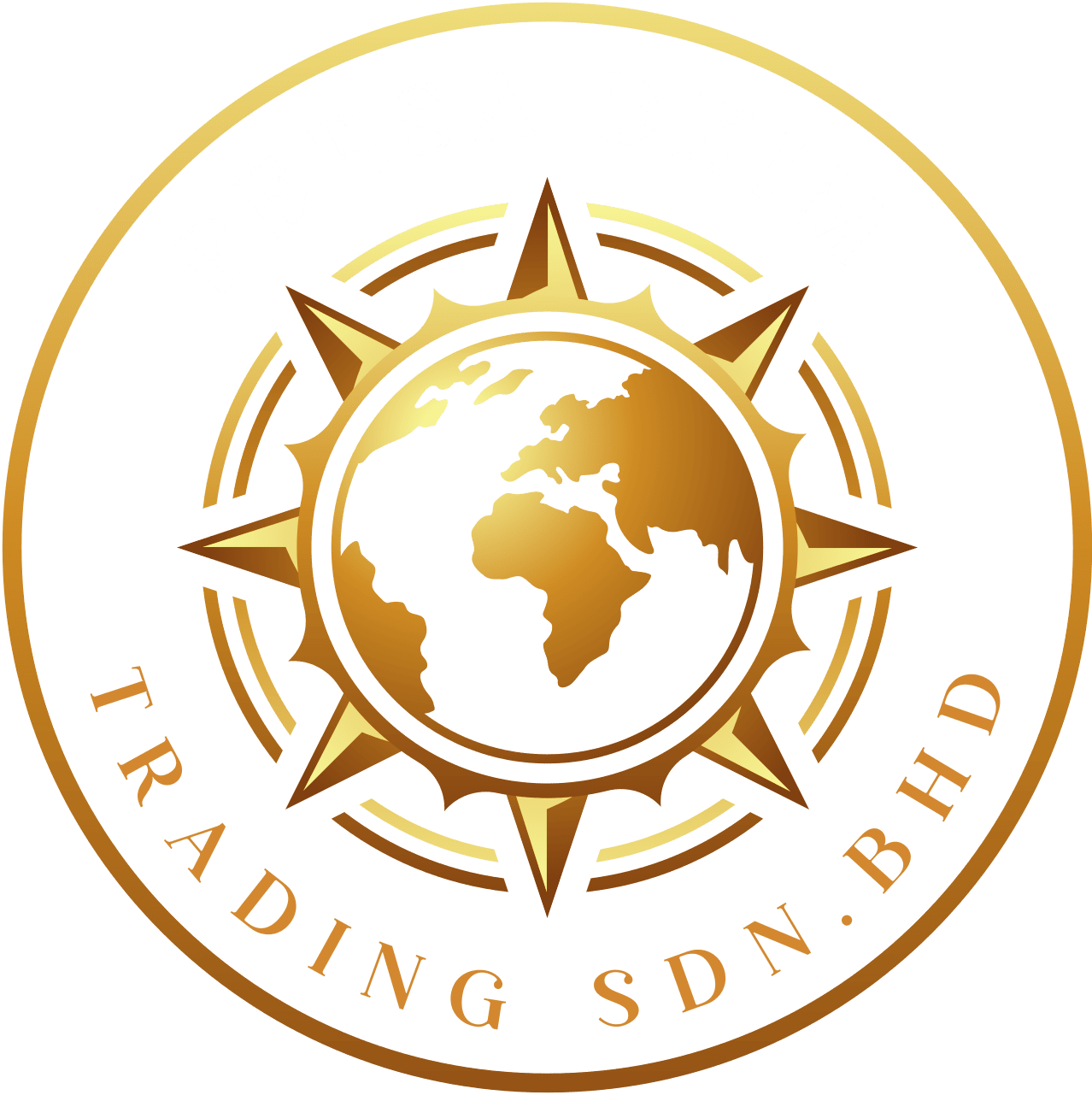Introduction
Bitumen isn’t just black goo used on roads—it’s the backbone of modern infrastructure. Whether you’re building highways, airports, or waterproofing buildings, bitumen plays a critical role. And in a booming construction market like Malaysia, keeping an eye on today’s bitumen price is more than just smart—it’s essential.
So, what’s driving the cost right now? Which suppliers can you trust? Let’s dive into everything you need to know about the bitumen market in Malaysia in 2025, featuring insights on local leaders like Persa Exim.
Bitumen Price Trends in Malaysia
Historical Overview (2022–2024)
Bitumen prices in Malaysia have been anything but stable. Over the past few years, we’ve seen fluctuations driven by:
- Crude oil prices
- Global supply chain issues
- Currency volatility
In 2022, the average price for bitumen 60/70 hovered around USD 410/MT, spiking to USD 475/MT during 2023 due to supply shocks. By early 2024, prices settled slightly but remained sensitive to global crude trends.
Current Price Snapshot – July 2025
As of July 2025, here are the average FOB Port Klang rates:
- Bitumen 60/70: USD 465–490 per MT
- Bitumen 80/100: USD 455–475 per MT
- VG-30/VG-40: USD 470–495 per MT
Prices may vary slightly based on supplier, packaging (bulk, drum, polybag), and shipping location.
Factors Affecting Today’s Price
- Crude Oil Benchmarks (Brent/WTI)
- Geopolitical Tensions (e.g., Middle East supply routes)
- Seasonal Demand (monsoon vs. dry season)
- Exchange Rate – MYR vs. USD
- Transport & Handling Costs
Price Breakdown by Bitumen Grade
Bitumen 60/70
This is the most commonly used penetration-grade bitumen for road works. In Malaysia, its price is slightly higher due to high demand.
Bitumen 80/100
Less viscous and often used in cooler climates or specific construction needs. It’s priced a bit lower than 60/70.
Penetration vs. Viscosity Grade
VG-30 and VG-40 grades have gained popularity in government tenders. These grades offer better temperature resistance, and prices tend to be marginally higher due to processing requirements.
Bitumen Supply Chain in Malaysia
Local Refineries & Importers
Malaysia doesn’t have enough local refining capacity to meet national demand. Most bitumen is imported from:
- Singapore
- South Korea
- Middle Eastern countries (UAE, Bahrain, Saudi Arabia)
Distribution and Logistics
From Port Klang and Pasir Gudang to construction sites across Peninsular Malaysia and East Malaysia, bitumen moves via:
- Bulk tankers
- Drum-loaded containers
- Bitutainers
Top Local Bitumen Suppliers
Spotlight on Persa Exim
Company Overview
Persa Exim is one of Malaysia’s rising stars in the petrochemical supply chain. Known for reliability, they offer competitive pricing, timely delivery, and global reach.
Product Range
- Bitumen 60/70, 80/100
- VG-30, VG-40
- Cutback Bitumen
- Emulsions
Export Capability
Persa Exim not only supplies locally but also ships to Indonesia, Vietnam, Thailand, and Africa. They’re trusted for:
- Bulk shipments
- Polybag packaging
- OEM branding
Other Notable Suppliers
- Hin Hua Bitumen
- Amiras Bitumen
- TT Bitumen Resources
- Damar Trading Sdn Bhd
Each of these suppliers brings unique strengths to the market, but few can match the scalability and flexibility of Persa Exim.
Why Choose a Local Supplier?
Cost Efficiency
You save on shipping and customs fees by sourcing locally. Plus, no hidden import surprises!
Faster Delivery
With inventory in Malaysia, local suppliers can often deliver within 3–5 working days.
Support You Can Count On
Need help with customs clearance or documentation? Local reps are always easier to reach.
How to Buy Bitumen in Malaysia
Step 1: Request a Quote
Always request a detailed quote including:
- Grade
- Quantity
- Packaging
- Delivery location
Step 2: Check the Specs
Make sure the product meets ASTM or EN standards. Ask for:
- Certificate of Analysis (CoA)
- Batch test results
Step 3: Don’t Overpay
Compare prices across 3–5 suppliers. Ask about bulk discounts and free storage.
Import vs. Local Supply: Pros & Cons
| Factor | Local Supplier | Import |
|---|---|---|
| Price | Slightly higher | Usually cheaper in bulk |
| Delivery | Fast (3–5 days) | Slow (2–4 weeks) |
| Support | Local team | Remote, often via email |
| Risk | Low | Higher (delays, customs issues) |
Forecast for Bitumen Prices in 2025
Experts predict a 2–5% price increase over Q3 and Q4 of 2025 due to:
- Global oil price rebound
- High infrastructure spending
- Limited refinery output in Southeast Asia
Tip: Lock in long-term contracts now to hedge against Q4 price hikes.
Conclusion
Bitumen is more than just a construction commodity—it’s a strategic resource. If you’re a contractor, supplier, or project manager in Malaysia, staying up to date on prices, knowing your suppliers (like Persa Exim), and understanding the market dynamics can make or break your bottom line.
Whether you’re buying in bulk or testing new grades, this guide should give you a strong foundation to make smarter, more cost-effective choices.
FAQs
1. What is the current price of bitumen 60/70 in Malaysia?
The price ranges from USD 465–490/MT as of July 2025, depending on quantity and packaging.
2. Who is the best bitumen supplier in Malaysia?
Persa Exim is among the top local suppliers due to their wide product range, export capacity, and competitive pricing.
3. Can I import bitumen directly as a small business?
Yes, but it’s complex. You’ll need import licenses, customs handling, and storage solutions. Local suppliers often simplify this.
4. What affects bitumen price fluctuations?
Crude oil prices, refinery output, shipping costs, and geopolitical factors are key influencers.
5. How does Persa Exim compare to other suppliers?
They stand out for flexible packaging, reliable delivery, and international-grade quality assurance.
